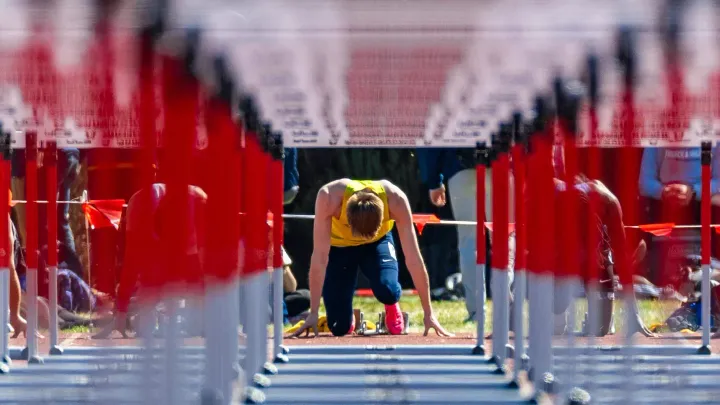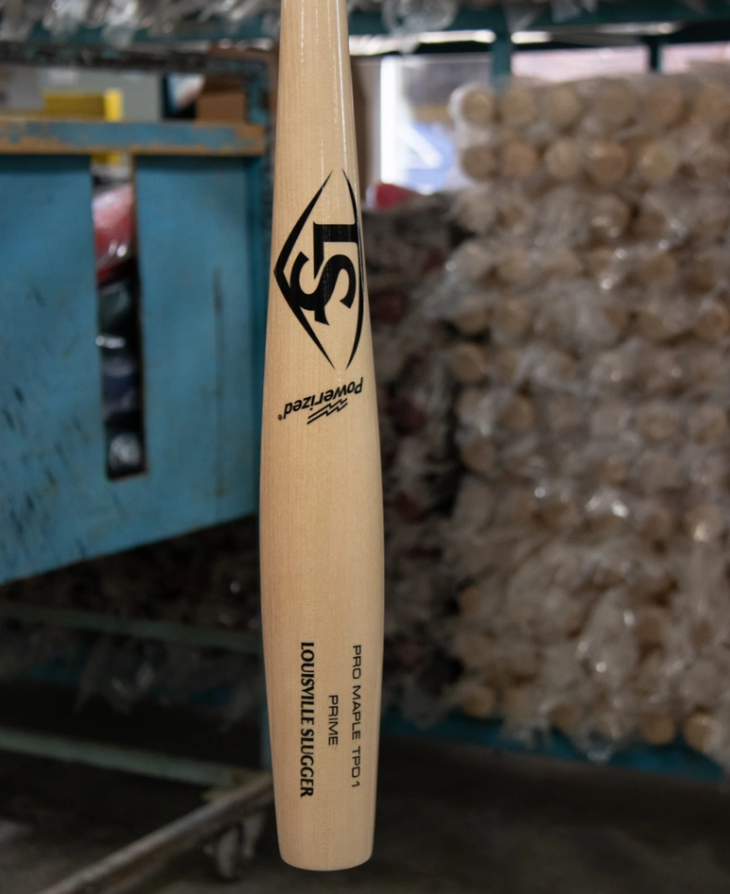Kickin’ it in Moscow: Fútbol hits the pitch at World Cup
BEAU BORDEWYK

For the first time since 1986, the United States Men’s National Soccer Team failed to qualify for the FIFA World Cup set to take place in Russia this summer. The disappointment resulted from abject incompetence at all levels of US soccer, and it will abysmally delay the stature and success of the program in the country for years.
With the USMNT out of the World Cup, many Americans might wonder what motivation they have to watch it at all. The allure of the 2014 World Cup in Brazil, at least for most Americans, was the magical run of success that the USMNT displayed, a run that culminated with the team nearly besting Belgium in round sixteen.
Even typical heavyweights of international soccer are missing from the scene this summer. The Netherlands floundered and missed the trip to Putin’s pitch. Ghana, normally the leader of the African pack at the World Cup, failed to make it as well. Most shockingly, Italy, a four-time World Cup Champion and pillar of the fútbol pantheon, is a no-show. The US definitely has some prestigious company in the spectator stands this summer.
So why care? Because soccer is a singularly impassioned sport on a global scale, and thus the World Cup is a singularly awesome event.
Despite the multitude of qualifying casualties and the shady implications of FIFA hosting the world’s largest sporting event in an ultraconservative oligarchy (welcome to the geopolitics of international soccer, baby), the World Cup is a sporting and cultural experience bar none, even from your television screen. When you enter into it with the right information, you can engross yourself in the alluring, tempestuous atmosphere of the beautiful game on its brightest stage. Here’s a rundown on what you need to know heading into this summer, along with some predictions on how things might end up in Russia.
When to Watch
The first match starts on June 14, tourney play begins on June 30 and the final is slotted for July 15. Games will run at an odd variety of times, due to Russia’s litany of time zones, and the fact that matches will take place in 11 different Russian cities.
Who’s Going to Win
Germany beat Argentina by one goal in the 2014 World Cup Final. That Germany roster is still somewhat assembled four years later. However, they’re lacking the rare mix of youth and experience that gave them a dominant edge in Brazil. Now they’re mostly adorned with mid-20s players who are talented enough to have a chance for the title in Russia, but not enough to make them the clear pick for the victors.
Portugal and Belgium have both been hot in international play the past couple of years, and Portugal has the best soccer player of this century with Cristiano Ronaldo, so both teams are in the running.
But I think it will be Brazil who takes home the trophy. After a 2014 run on their home turf ended abruptly in a 7-1 embarrassment at the hands of Germany—somewhat thanks to the absence of an injured Neymar—Brazil has to be back for vengeance in Russia, and they certainly have the tools to pull it off. Neymar will be coming off a knee surgery at the start of the summer, but before his injury in early 2018, the forward was tearing up the pitch in Europe for Paris-Saint Germain. He’ll be able to combine his world-class talent with a formidable crew of teammates including Marcelo, Phillipe Coutinho, Roberto Firminho and more. It’s a side that looks ripe for success in Russia.
Players to Watch
This might be the last World Cup in which the world gets the privilege of seeing Cristiano Ronaldo and Lionel Messi play in their most dominant form. Ronaldo just turned 33 and Messi will hit 31 while the tournament is underway. It’s been remarkable for the sport that both athletes, undoubtedly two of the best to ever play, have both sustained their greatness for so long. But Father Time beats all, and this summer could very well be their respective swan songs on the global level.
Both Ronaldo and Messi will both give world class performances once again, but either of the wingers have the chance to win the Golden Ball award (the World Cup version of the Most Valuable Player award).
Messi won the Golden Ball in Brazil in 2014, and he has not declined in skill since then. Barcelona—his club team—is out of the Champions League and almost done with all of their fixtures for the year, which means by June 14, he’ll have substantially less mileage than Ronaldo, whose Real Madrid squad is heading to the Champion’s League final soon. But Ronaldo has never won the Golden Ball at the World Cup, and it would be fitting to see Messi’s rival equal him with the one trophy that Messi has that and Ronaldo does not. Ronaldo has been a menace on the pitch for the past year, so he is certainly up to form for the task.
A third contestant in the Golden Ball race will be the aforementioned Neymar. The Brazil talisman is coming off injury but was on fire before he went down with knee troubles. He is, however, only 25 years old, and during the 2014 World Cup in Brazil, he showed typical skill and confidence. He may have won the Golden Ball that year had a back injury not taken him out of tournament play early.



